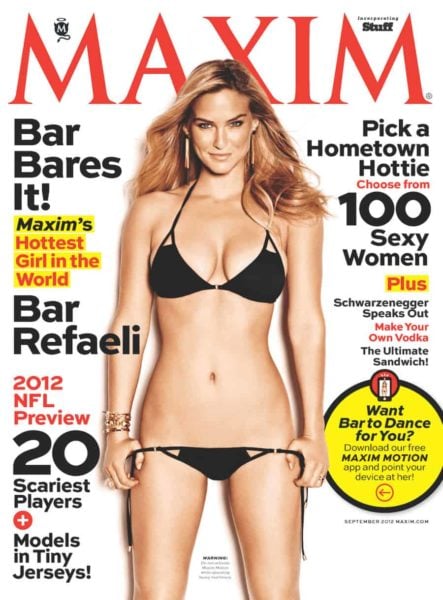Published in a recent issue of The Journal of Sex Research, the study suggests reading magazines such as Maxim and Men’s Health is associated with lower intentions to seek sexual consent and lower intentions to adhere to decisions about sexual consent. Or more plainly, young men who read these publications are less likely to respect another’s sexual boundaries.
According to Stacey J.T. Hust, lead researcher for the study and an associate professor in WSU’s Edward R. Murrow College of Communication, magazine articles that focus on improving the reader’s sex life often convey messages that create a false impression about sexual consent negotiations.
“We learn a lot about how to act in a relationship by what we see and read in the media,” said Hust. “Bad information can lead to bad decisions.”
In contrast, she said the study also found that exposure to women’s magazines was often associated with greater intentions to refuse unwanted sexual activity.
Implementing public health changes
Hust said she and her research team believe the study shows the potential for both men’s and women’s magazines to be used as tools for change.
Study researcher Emily Garrigues Marett, a member of the faculty of the College of Business at Mississippi State University, agrees. She said the paper has important implications for public health practitioners working to increase healthy sexual behaviors.
“The results suggest that magazines may be a successful medium for educating readers about sexual consent negotiation and encouraging positive behaviors,” said Marett. “These results may indicate that the publishing industry’s efforts to include content that empowers young women to take control of their sexual health are having a positive impact.”
Media influence and health
The study comes on the heels of a previous work by Hust showing viewers of prime-time crime dramas, like NCIS, CSI or Law & Order, are more inclined than non-viewers to see themselves intervening on behalf of a victim of a sexual assault. The study (“Health Promotion Messages in Entertainment Media: Crime Drama Viewership and Intentions to Intervene in a Sexual Assault Situation”) appears in the Journal of Health Communication.
Hust’s research focuses on how the media influences attitudes and beliefs related to sexual violence, and she investigates ways in which entertainment media can be used for health promotion.
The full text of the article, entitled “Establishing and adhering to sexual consent: The association of reading magazines and college students’ sexual consent negotiation,” is available online.
If our reporting has informed or inspired you, please consider making a donation. Every contribution, no matter the size, empowers us to continue delivering accurate, engaging, and trustworthy science and medical news. Independent journalism requires time, effort, and resources—your support ensures we can keep uncovering the stories that matter most to you.
Join us in making knowledge accessible and impactful. Thank you for standing with us!


Wouldn’t men who are already in the habit of objectifying women be more inclined to read publications which feature nearly nude women?